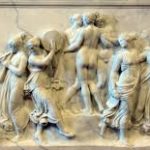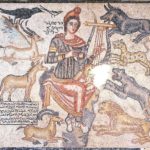Ancient Romans believed that worship of God was the primary duty of man. The Roman religion was influenced by other traditions especially the Greek. Roman religion was polytheistic and therefore was associated with a number of rituals and ceremonies.
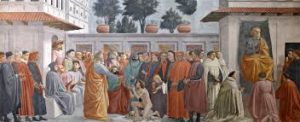
Religious practice was complex in Rome as gods had a number of names. We know that Roman mythology has always been fascinating the historians.
Roman Religion Gods
The religion of Rome may be called as rural animistic because they attributed different aspects of daily activities to different gods. The dead were worshipped. Romans were very superstitious people. Animals were sacrificed to the gods for pleasing them. Religious neglect was not encouraged and it was a hurdle to prosperity.
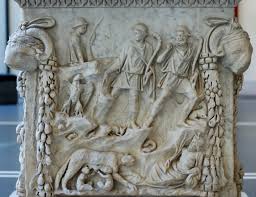
Religion was an everyday matter for the people of Rome. Temple worship was prominent and famous. The architectural layout of the temples was the same. There was a triangular shaped roof which is supported by great pillars. The idol was naturally placed inside the temple and the place was beautifully decorated. Priests served the god and made sacrifices on the altar.
Roman Religion facts
The homes had a small altar and shrine. Lares were the household gods and they were worshipped every day. This worship was an important service, and more importance is given to these ‘lares’ than public gods. Participation in religious rituals was regarded necessary.
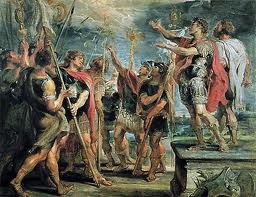
The Pontifex Maximus was the head of Roman state religion. The highest of these bodies was the Pontifical College, which consisted of the rex sacrorum, pontifices, Flames and the vestal virgins.
Official cults were state funded as a “matter of public interest”. Non-official but lawful cults were funded by private individuals for the benefit of their own communities. In the Roman mythology, Jupiter was the most important god. He was the emperor of all gods.
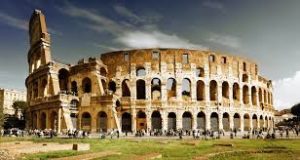
There were festivals dedicated to gods on which there were public holidays. Every month had some festival or the other. The festival of Consus and the famous ‘rape of the Sabine women’, the consulate was celebrated on 21 August every year. It was also was the main event of the chariot racing year.
Roman Festivals
Festivals also occurred on joyful events. The Lupercalia was a festival of fertility connected with the god Faunus held in the month of February.

The festival of Mars lasted from 1 to 19 March. The festival of Vesta took place in June and, lasting for a week. There was also a complex system of lucky and unlucky days.
Roman Religion Christianity
After the Augustus reign, the ruler was also considered to be god and worshipped. The divinity of the king achieved importance gradually.
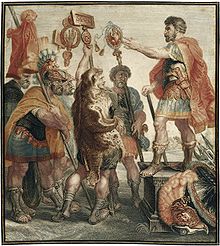
Eventually, Christianity replaced the religion of Rome, the origins of which evolved from Judaism. Under Theodosius I, Christianity became the state religion of Rome.
